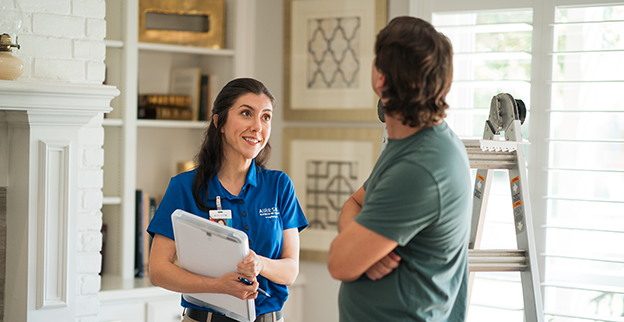From air quality testing to the installation of whole-house air quality solutions like whole-home dehumidifiers and air purifiers, your local Aire Serv® can do it all. Don’t wait — our solutions are proven to better the indoor air quality of your home, keeping your household pleasant year-round.
Indoor Air Pollution Prevention

Breathe Easy With Professional IAQ Services
Keeping your home clean and free of dust is just one part of the indoor air quality equation. From in-duct air purifiers to standalone humidifiers and dehumidifiers, there are many ways to improve air quality, and you can get a tailored solution from our team.

The Aire Serv Advantage
-
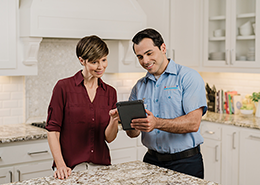
Guaranteed Upfront Pricing
We quote by the job not the hour, so you know the final price won't change with no hidden fees.Learn more Guaranteed Upfront Pricing -
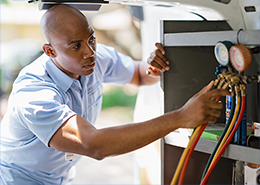
The Neighborly Done Right Promise
We'll get the job done right and ensure you are happy with our work.Learn more The Neighborly Done Right Promise -
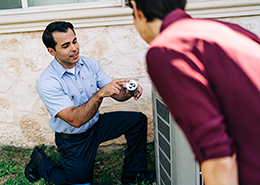
Expert Service Professionals
Expertly trained, background checked, and committed to respecting your home and putting you first.Learn more Expert Service Professionals -

Anytime Customer Service
We're here for you 7 days a week, 365 days a year.Learn more Anytime Customer Service
Customer Reviews
View All Reviews
The Neighborly Done Right Promise® delivered by Aire Serv®, a proud Neighborly company.
Our Blog
View All Blog Posts
AC Won't Turn On: Helpful Troubleshooting Steps
If your AC isn’t turning on, try the below tips before calling for professional service. These might help cool things off mo
Read more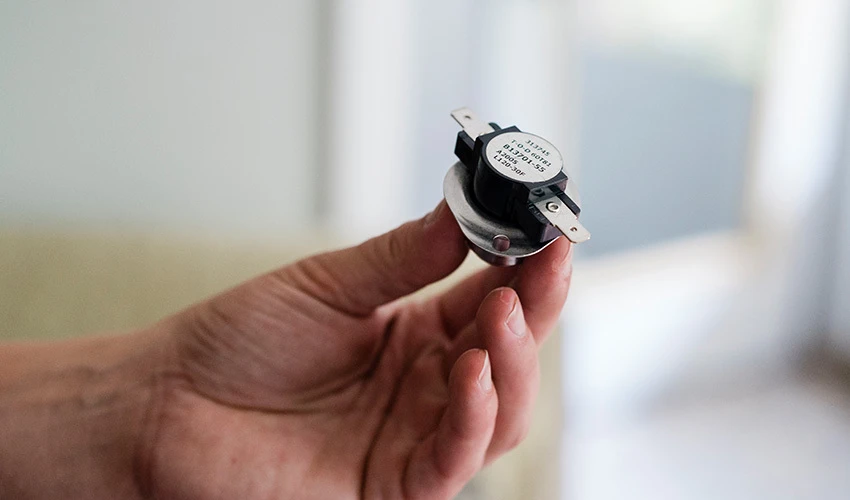
What is a Furnace Reset Button?
A furnace reset button is an important feature included with your HVAC system. Designed to quickly shut the unit off, the function
Read more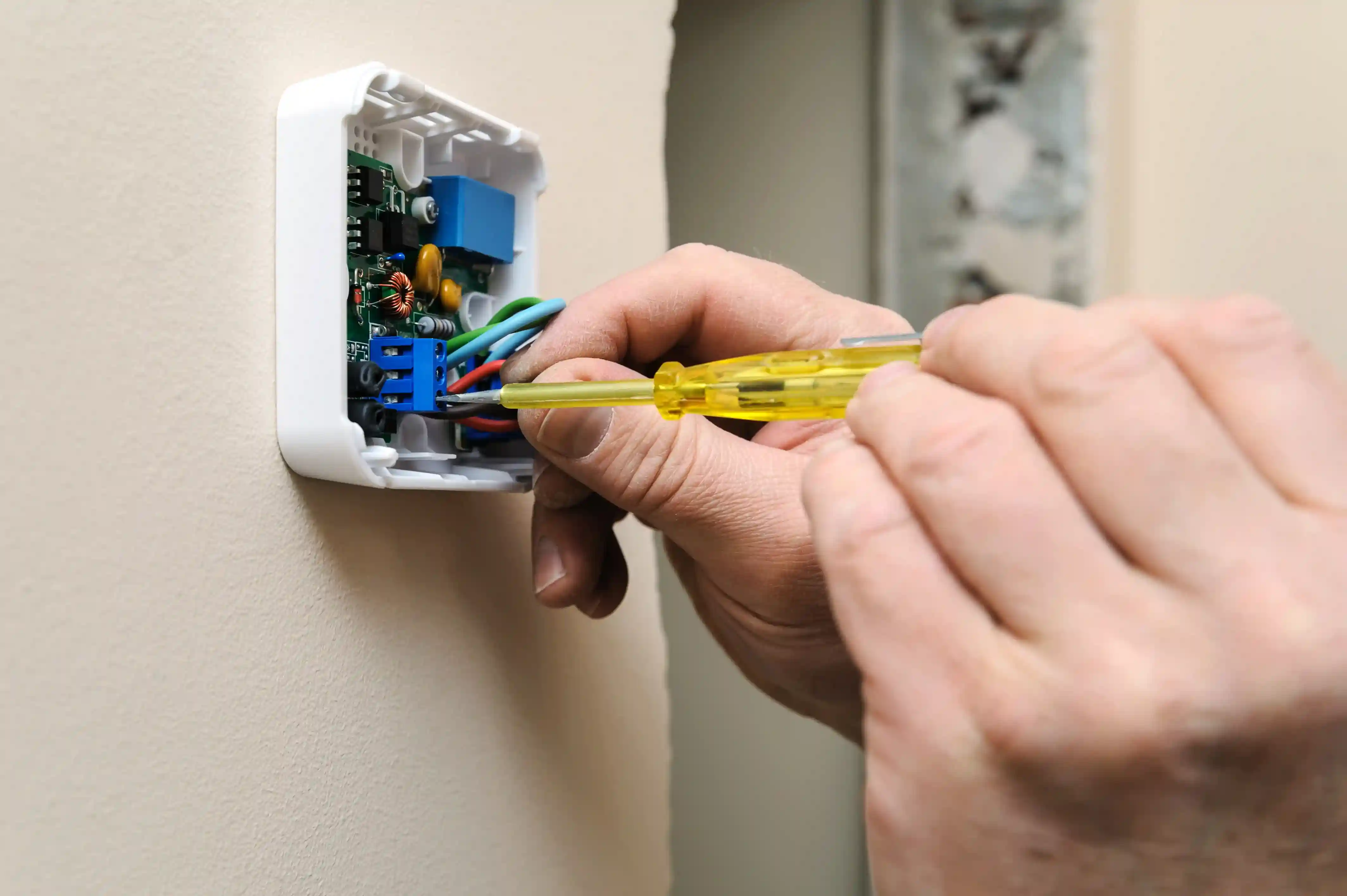
Thermostat Wire Color Code Guide
Whether you’re trying to fix your thermostat or installing a new smart thermostat, this thermostat wire color code guide
Read moreExpert Tips
View All Expert Tips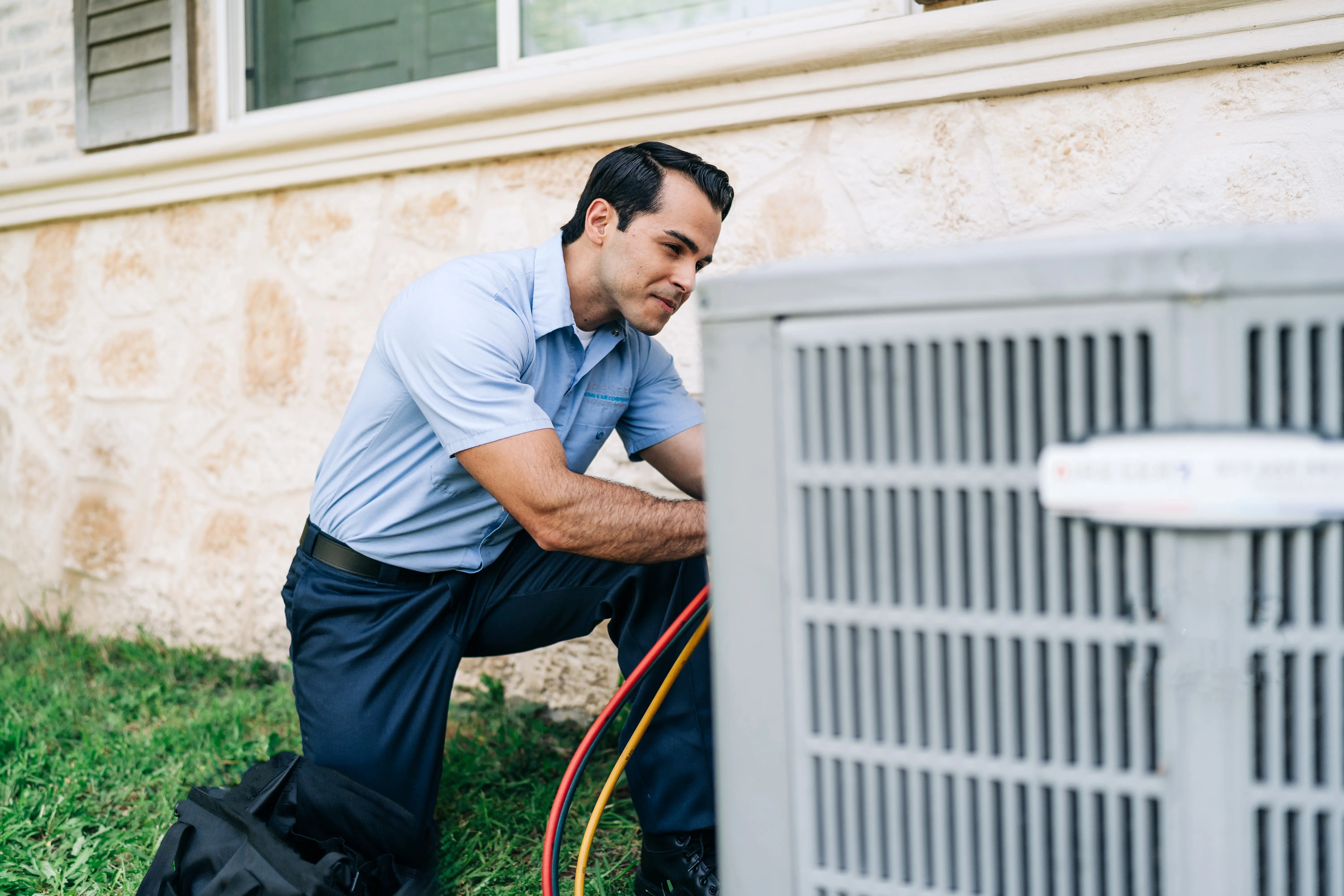
Air Conditioning
In our years of experience, we have found that our customers prefer an accurate price based on their exact plumbing problem. Most phone quotes are subject to change once the service technician sees the job. We don't think that is fair to you. By allowing us to diagnose your plumbing problem in person, you will know exactly what it will take to get the job done.
Read more
Heating
In our years of experience, we have found that our customers prefer an accurate price based on their exact plumbing problem. Most phone quotes are subject to change once the service technician sees the job. We don't think that is fair to you. By allowing us to diagnose your plumbing problem in person, you will know exactly what it will take to get the job done.
Read more
HVAC Tips and Tricks
In our years of experience, we have found that our customers prefer an accurate price based on their exact plumbing problem. Most phone quotes are subject to change once the service technician sees the job. We don't think that is fair to you. By allowing us to diagnose your plumbing problem in person, you will know exactly what it will take to get the job done.
Read moreFrequently Asked Questions
Indoor air quality is a key factor in creating a pleasant home environment, but it’s often overlooked. Many of us don’t realize that the air inside our homes can be just as polluted, if not more so, than the air outside. To help you protect your indoor space, review the FAQs below for insights and practical tips. You can also request an appointment online or call to get started.
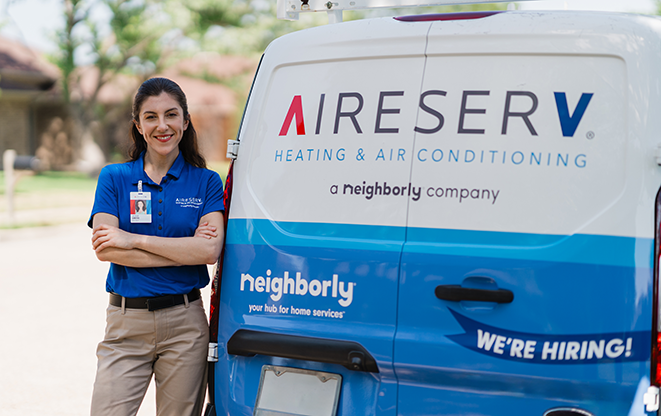
Join Our Team
We are proud to be an employer of choice in the field of Heating and Air Conditioning throughout the United States and Canada. At Aire Serv, we believe in doing the job right, which starts with how we take care of our team members. When you put on the Aire Serv uniform, you join a team of professionals who care about one another and embody our core values of Respect, Integrity, and Having Fun In The Process.
